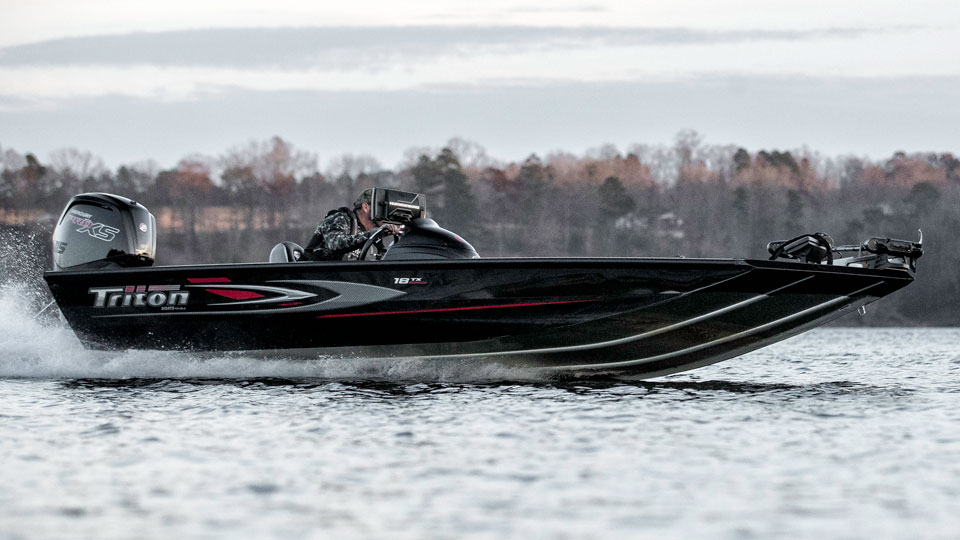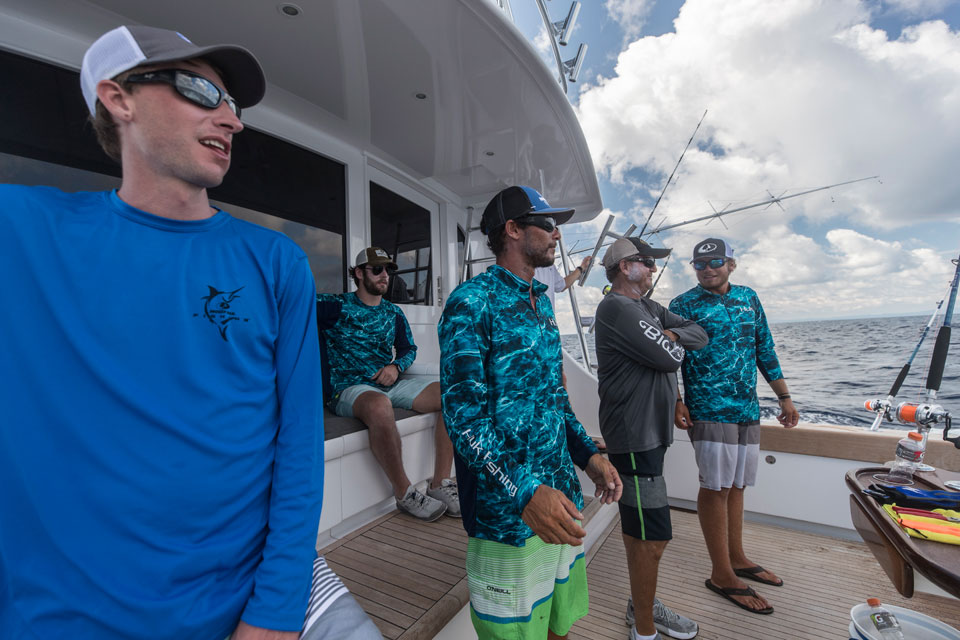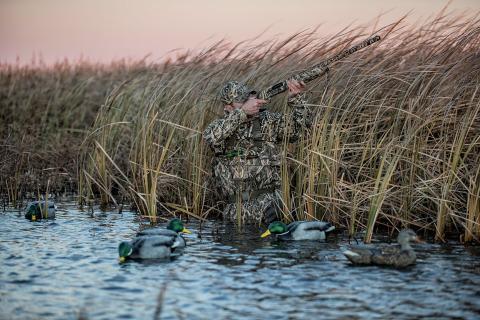Capt. Bob Humphrey
Boating is one of the most enjoyable forms of spring and summer recreation, whether it be fishing, skiing, tubing or just cruising the waterways. Like any outdoor activity, it comes with its potential hazards, not the least of which is collision with another boat. You can go a long way toward avoiding that with a better understanding of the rules of the road.
Look Out!
It’s not only a good idea, it is required for you to always be aware of your surroundings. Every vessel must maintain a proper look-out at all times. On smaller boats that’s typically the driver, but an even better scenario is to have an additional set of eyes looking around while the skipper focuses on what’s ahead. When towing people on water skis or tubes it is required to have a look-out in addition to the helmsman.
Stay in Control

Just like cars, boats must maintain a safe speed, which is defined as one in which the vessel can take proper action to avoid collision, and be stopped in an appropriate distance if necessary. Conditions and situations - like the seas, wind, current, traffic density, maneuverability of the vessel and visibility - often determine what a safe speed is. Some areas, such as moorages, marinas and near beaches and swimming areas may have specific speed limits, usually 5 mph or no wake.
Collision
Most of the rules are designed to keep you from crashing. In addition to paying attention, maintaining a safe speed and staying in control, you must also make use of every available means to avoid collision. And the rules make it pretty clear if you’re not sure. When in doubt, you must assume risk of collision exists. And you must take early and substantial action to avoid it. It’s really common sense, yet somehow collisions still occur. Fortunately, we have more rules to help clarify.
Right of Way
When I learned the rules of the road (and I don’t know why they’re called rules of the “road” if you’re on the water), boats involved in a crossing or overtaking situation were referred to as the burdened vessel and the privileged vessels, which seems pretty clear. Under the International Collision Regulations (or COLREGS), passed in 1977, those became the give-way and stand-on vessels. A little more vague, but you get the idea. So who has the right of way? It depends on the situation, and the vessel.
Meeting (head to head) - This one is easy (unless you’re from Great Britain) because you pass the same way you would with a car, altering course slightly to starboard (right) if necessary so the vessels pass port (left) side to port side. When in doubt, show the other vessel your port side.
Crossing - This one is pretty easy too. The vessel to the starboard has the right of way. Just remember: “right is right.” If at all in doubt, assume the other vessel has the right of way and alter your course early and substantially to starboard - never to port - to avoid collision.
Often there are situations when it’s still not quite clear who has the right of way. For those, there is a pecking order, depending on the type of vessel. One way to remember it is with the mnemonic device: New Reels Catch Fish So Purchase Some Often. This is the pecking order, in descending order of privilege.
- NUC - A vessel that through some exceptional circumstance is unable to maneuver or Not Under Command. The best example is a loss of power or other mechanical failure.
- RAM - A vessel Restricted in its Ability to Maneuver due to the nature of its work, like dredging or surveying.
- CBD - A vessel Constrained By Draft requires greater depth to clear bottom and must navigate in the deepest parts of the channel. This does not apply to sailboats.
- Fishing Vessel - A vessel engaged in commercial fishing with nets, lines or trawls that restrict maneuverability. Does not include trolling.
- Sailboat - A vessel that is powered exclusively by sail. If using a motor it then becomes a power vessel.
- Power Vessel - Any vessel propelled entirely or partially by machinery.
- Seaplanes - You shouldn’t have to worry about them but it’s good to know the obligation to give way is theirs.
- Overtaking Vessel - In any situation if you wish to overtake and pass another vessel you may only do so if there is no risk of collision.
Never assume other boaters know these rules. Unfortunately, most don’t.

Remember, as the skipper you are responsible for the safety of everyone aboard your vessel. Even the worst day of fishing is still a good day, provided everyone returns safely to the dock or ramp. Boat safely and be courteous.
Bob Humphrey is a U.S.C.G. licensed captain and a registered Maine guide who has been transporting passengers in one way or another since his teens.



























